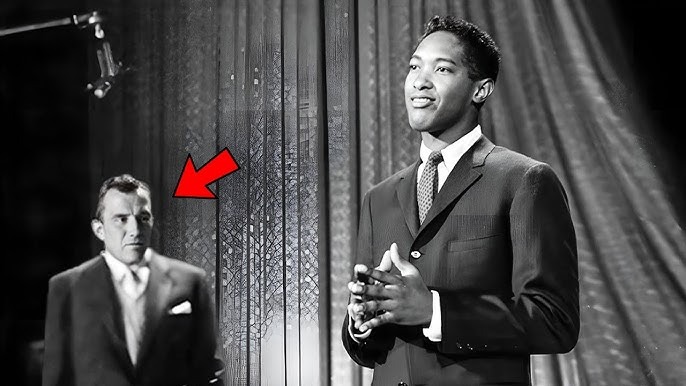# The Sam Cooke Mystery Finally Solved And Isn’t Good

Sam Cooke, known as the King of Soul, captivated the world with timeless hits like *You Send Me* and *Wonderful World*. His voice bridged gospel and pop, influencing legends like Aretha Franklin and James Brown.
Yet, behind his musical brilliance lies a dark, unresolved question about his death on December 11, 1964. Nearly 60 years later, shocking revelations have emerged, unraveling the tragic truth of his final moments at the Hacienda Motel in South Central Los Angeles.
That fateful night, Cooke was at Martoni’s, a popular LA restaurant, enjoying martinis with friends, including producer Al Schmitt. Flashing $5,000 in cash from recent concerts, he met 22-year-old Elisa Boyer. After plans to meet Schmitt at a nightclub fell through, Cooke drove Boyer to the Hacienda Motel, a $3-a-night spot notorious for illicit activities.
They checked in as husband and wife around 2:35 a.m. What followed remains disputed. Boyer claimed Cooke attempted to assault her, pinning her down. Seizing a moment when he stepped into the bathroom, she fled with her clothes—and accidentally, his—calling police from a nearby booth to report a kidnapping.
Enraged, Cooke, wearing only a sport coat, confronted motel manager Bertha Franklin, believing she was hiding Boyer. Franklin alleged Cooke broke into her office, attacked her, and twisted her arms. In fear, she fired three shots with a .22 caliber pistol; one struck Cooke’s heart and lungs. He gasped, “Lady, you shot me,” before collapsing dead at 33.

The official ruling was justifiable homicide, but inconsistencies fueled suspicion. The registered gun was a .32 caliber, not a .22, and the bullet disappeared from evidence. Cooke’s body showed severe injuries—broken hands, a nearly severed head—far beyond what Franklin’s account of hitting him with a broomstick could explain.
Conspiracy theories abound. Many, including friends and family, found Cooke’s violent behavior out of character for the gentle man they knew. Some believe Boyer, arrested for prostitution soon after, and Franklin, a former madam with a criminal record, colluded to rob him. The missing $5,000 supports this theory.
Others point to systemic racism in the LAPD, which conducted a superficial investigation. Officer Norman Edelin noted the indifference: a Black man killed at a brothel wasn’t a priority. Cooke’s ties to civil rights figures like Muhammad Ali and Malcolm X, under FBI surveillance, also raise questions of a targeted hit by higher powers fearing his influence in a segregated industry.
Further intrigue stems from Cooke’s personal life. Married to Barbara Campbell, with whom he had three children, his infidelities and her subsequent marriage to Bobby Womack just months after his death stirred scandal.
While no definitive proof of a conspiracy exists, the botched investigation and racial biases of the era suggest the truth was buried. Cooke’s legacy as a soul pioneer endures, but his tragic end remains a haunting mystery, reflecting both personal turmoil and societal failures.

